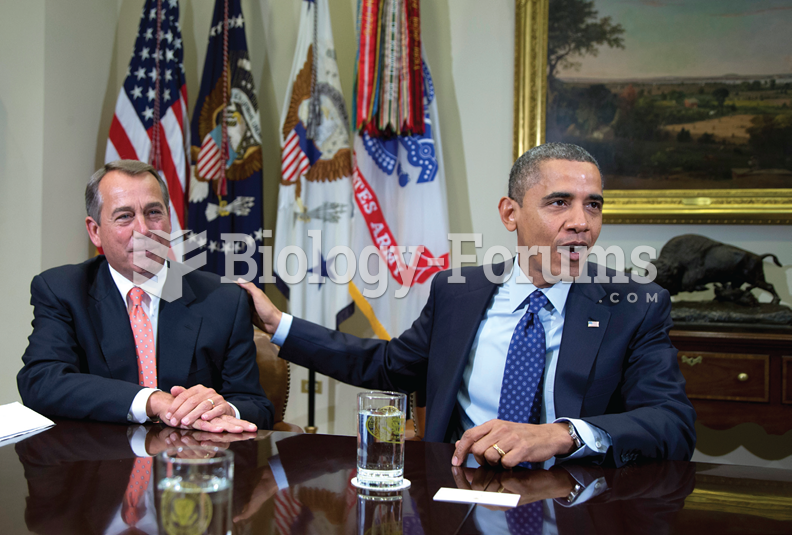|
|
|
The effects of organophosphate poisoning are referred to by using the abbreviations “SLUD” or “SLUDGE,” It stands for: salivation, lacrimation, urination, defecation, GI upset, and emesis.
Many of the drugs used by neuroscientists are derived from toxic plants and venomous animals (such as snakes, spiders, snails, and puffer fish).
The Romans did not use numerals to indicate fractions but instead used words to indicate parts of a whole.
A serious new warning has been established for pregnant women against taking ACE inhibitors during pregnancy. In the study, the risk of major birth defects in children whose mothers took ACE inhibitors during the first trimester was nearly three times higher than in children whose mothers didn't take ACE inhibitors. Physicians can prescribe alternative medications for pregnant women who have symptoms of high blood pressure.
Asthma cases in Americans are about 75% higher today than they were in 1980.
 A passenger train crosses Stony Creek Bridge in the Rocky Mountains in 1878. Railroads were importan
A passenger train crosses Stony Creek Bridge in the Rocky Mountains in 1878. Railroads were importan
 Booker T. Washington in his office at Tuskegee Institute, 1900. Washington chose a policy of accommo
Booker T. Washington in his office at Tuskegee Institute, 1900. Washington chose a policy of accommo





